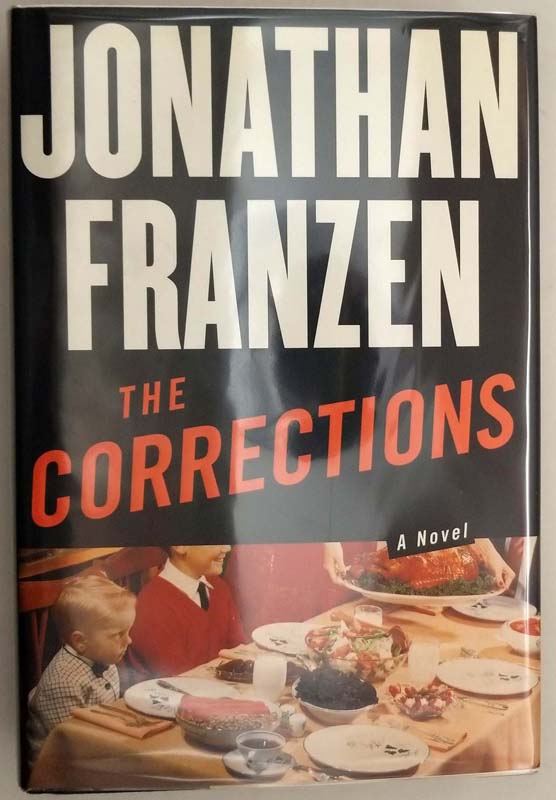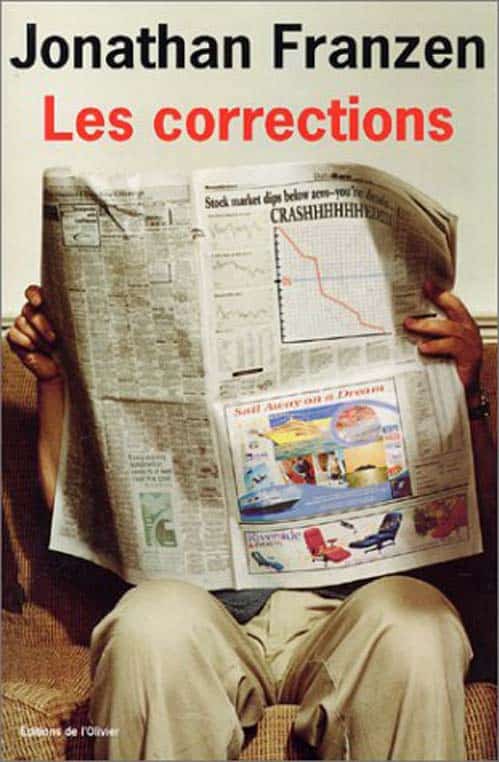

The Corrections was published to wide acclaim from literary critics for its characterization and prose. The novel was awarded the National Book Award in 2001 and the James Tait Black Memorial Prize in 2002. It revolves around the troubles of an elderly Midwestern couple and their three adult children, tracing their lives from the mid-20th century to "one last Christmas" together near the turn of the millennium.

The Corrections is a 2001 novel by American author Jonathan Franzen. Sign up for the Slate Book Review monthly newsletter. See all the pieces in this month’s Slate Book Review. It happened to be on the backlist of an FSG subsidiary, setting up another great year for Farrar, Straus and Giroux.Įxcerpted from Hothouse: The Art of Survival and the Survival of Art at America’s Most Celebrated Publishing House, Farrar, Straus and Girouxby Boris Kachka, out now from Simon and Schuster. The first one she picked was Elie Wiesel’s Night. After that didn’t go so well either, she went back to classics yet again. Her first new selection after The Corrections, in 2005, was James Frey’s A Million Little Pieces. After a one-year book-club hiatus, she mostly stuck to classics. “I prefer it to print interviews,” he says now. With more publicity to do, Seroy hired a media coach to teach Franzen to love the idiot box. It’s possible that airing the show would have sent The Corrections into the stratosphere, but the controversy did boost sales by at least 150,000 copies. They had some surprising help, and more than a little grief, from a talk show hostess named Oprah Winfrey. The Corrections helped deliver both writer and publisher into a century with a new set of rules. The brash and haughty Guggenheim heir had sold FSG to a German conglomerate in 1994 seven years later, at 84, he was still its president. There was really only one novel that did, a book that had been out for six days: The Corrections.įarrar, Straus and Giroux was the relic of an even earlier era, one abounding with wealthy patron-operators like Roger Straus. Few of that autumn’s artifacts would survive the leap from one era to another. “In the space of two hours, we left behind a happy era of Game Boy economics and trophy houses and entered a world of fear and vengeance.” What Franzen couldn’t foresee, but privately hoped, was that America would still need relics of that more complacent age. “Who would have guessed that everything could end so suddenly on a pretty Tuesday morning,” Franzen wrote in the next issue of The New Yorker.


 0 kommentar(er)
0 kommentar(er)
